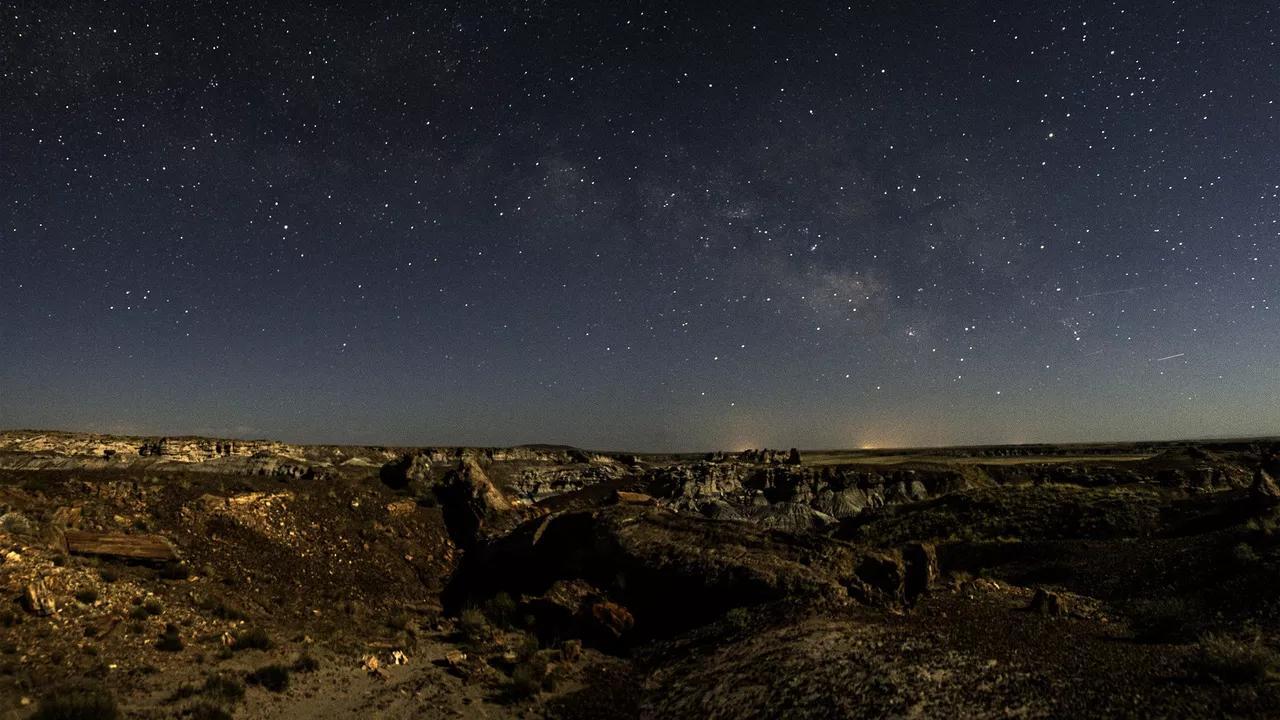Africa-Press – Mozambique. Gamma-ray bursts (GRBs) are immensely energetic explosions that have been observed in distant galaxies and are the most intense and luminous electromagnetic events since the Big Bang. A team of astronomers has developed the most immense catalogue to date of galaxies that are birthplaces of short gamma-ray bursts (SGRBs).
Using several top-tier observatories (W.M. Keck Observatory in Hawaii, Gemini Observatories in Hawaii and Chile, and Magellan Telescopes at Las Campanas Observatory) and combining them with data acquired from the Hubble Space Telescope as well as NASA’s retired Spitzer Space Telescope, the scientists identified the starting points of 84 SGRBs – four times as many as before.
Among their findings, they discovered that young, active star-forming galaxies stand for 85% of the studied SGRBs. Astronomers believe SGRBs appear as a result of the fusion of two neutron stars, with the latter being the result of dying stars’ collapsing cores.
The researchers also detected several anomalies. For example, distinct SGRBs were spotted far outside their original galaxies, leading to the question of how they could travel that far.
While some SGRBs are born during the birth or death of galaxies, others seem to come from slower collisions. Scientists base this conclusion on the fact that such SRGBs can be traced back to more distant and thus more ancient galaxies, with stars in those galaxies needing more time and space between them to form a binary
The first discovery of the afterglow of an SGRB was made by NASA’s Neil Gehrels Swift Observatory in 2005. Astronomers can now detect and pinpoint dozens of them every year.
For More News And Analysis About Mozambique Follow Africa-Press






